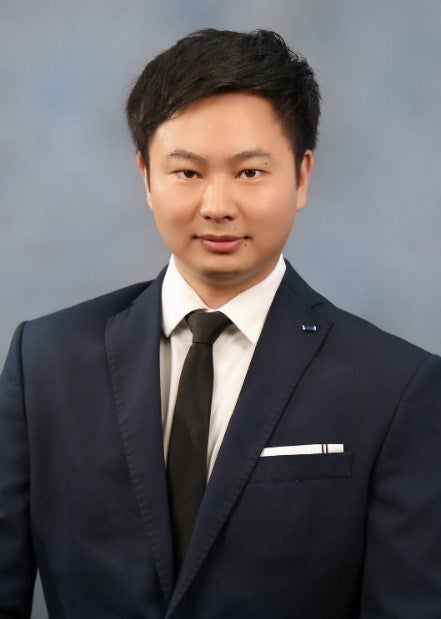The increasing penetration of stochastic and uncertain inverter-based resources (IBRs), such as wind and solar PVs, has a considerable influence on the power system dynamics, operation, and optimization, causing reliability and resiliency concerns. On the other hand, the power industry is transforming itself from a hierarchical, passive, and sparsely sensed engineering system into a flat, active, and ubiquitously sensed cyber physical system. The emerging multi-scale data from phasor measurement units, SCADA, smart meters, weather, and electricity markets offers tremendous opportunities and challenges for the industry to dynamically learn and adaptively control the smart grid. This talk will present a new data-model convergence framework to fully unlock the potentials from data while respecting physical constraints, including physics-informed estimation, inference and learning frameworks for power system modeling, optimization, security assessment, control, and uncertainty quantification in presence of different types of uncertain resources. Various transmission and distribution system applications will be presented to highlight the benefits of the data-model convergence framework.

Junbo Zhao is the Director of DOE Northeast University Cybersecurity Center for Advanced and Resilient Energy Delivery (CyberCARED), an Associate Director of the Eversource Energy Center and an assistant professor at the Department of Electrical and Computer Engineering at the University of Connecticut. He is also a Research Scientist at the National Renewable Energy Laboratory. He received his Ph.D. degree from the Bradley Department of Electrical and Computer Engineering at Virginia Tech, in 2018. He did the summer internship at Pacific Northwest National Laboratory from May to August 2017. He is currently the officer of multiple IEEE PES Committees and Subcommittees as well as Working Group and Task Forces, such as Renewable Systems Integration Coordinating Committee, Distribution System Analysis Subcommittee, etc.
His research interests are cyber-physical power system modeling, estimation, security, dynamics and stability, uncertainty quantification, renewable energy integration and control, robust statistical signal processing and machine learning. He has published three 4 chapters and more than 200 peer-reviewed journal and conference papers, where more than 100 appear in IEEE Transactions. He serves as the Associate Editor of IEEE Transactions on Power Systems, IEEE Transactions on Smart Grid, etc. He has been listed as the 2020-2022 World’s Top 2% Scientists released by Stanford University in both Single-Year and Career tracks. He is the receipt of the Best Paper Awards from 2020-2023 IEEE PES General Meeting (6 papers), 2022 IEEE Conference on Energy Internet and Energy System Integration, 2019 and 2022 IEEE PES ISGT Asia, 2021 IEEE Sustainable Power and Energy Conference, IEEE I&CPS Asia 2021, and the 2020 Journal of Modern Power Systems and Clean Energy, 2022 and 2023 Outstanding Associate Editor of IEEE Transactions on Power Systems, Top 3 Associate Editor of IEEE Transactions Smart Grid in 2020, the 2020 and 2022 IEEE PES Chapter Outstanding Engineer Award, the 2021 and 2022 Best Papers of IEEE Transactions on Power Systems (3 papers), the 2022 and 2024 IEEE PES Technical Committee Working Group Recognition Award for Outstanding Technical Report (4 awards), 2023 AAUP Research Excellence Award-Early Career, 2022 IEEE PES Outstanding Young Engineer Award (Society Level), 2023 IEEE PES Technical Committee Prize Paper Award and 2023 IEEE PES Working Group Recognition Award for Outstanding Technical Report (Society Level).

